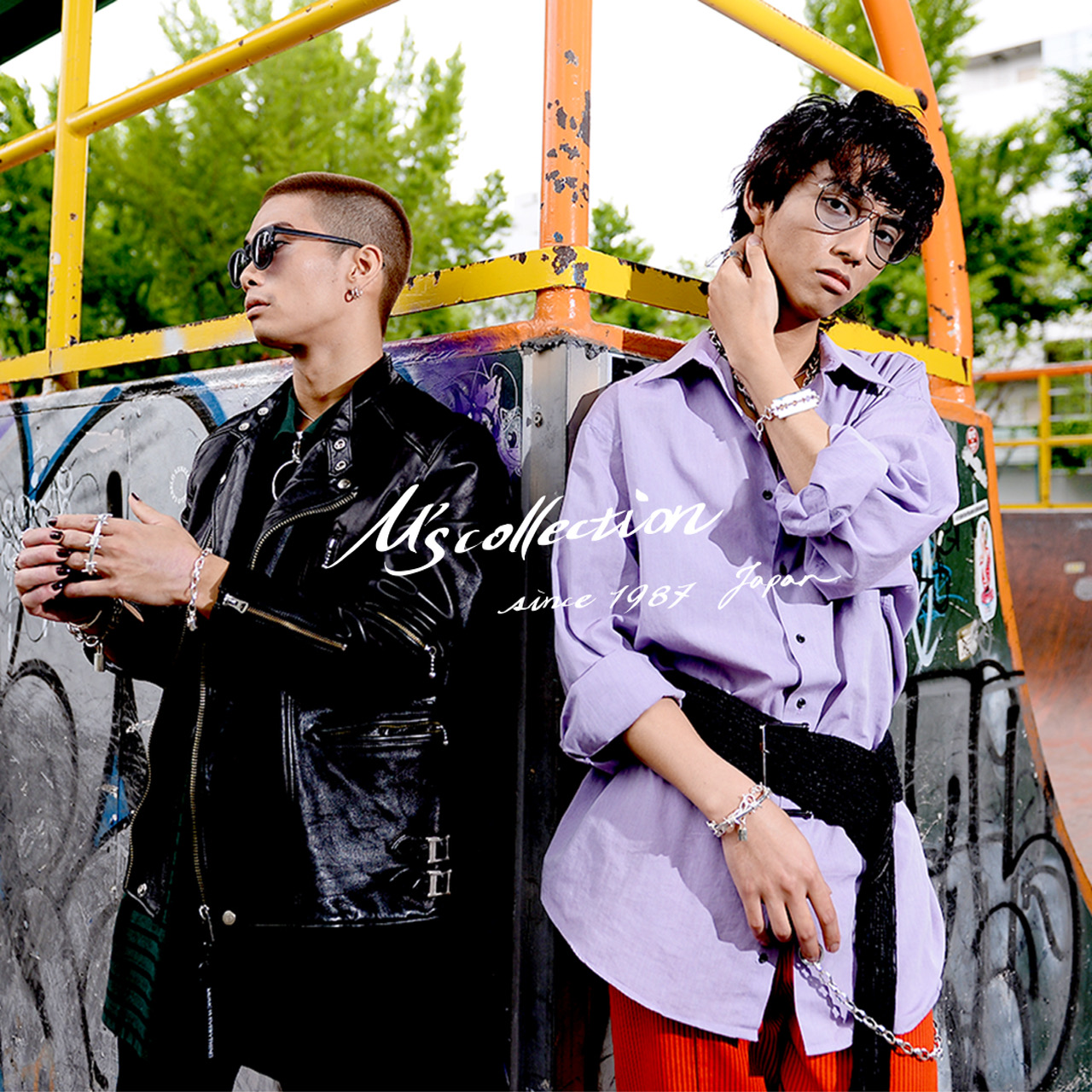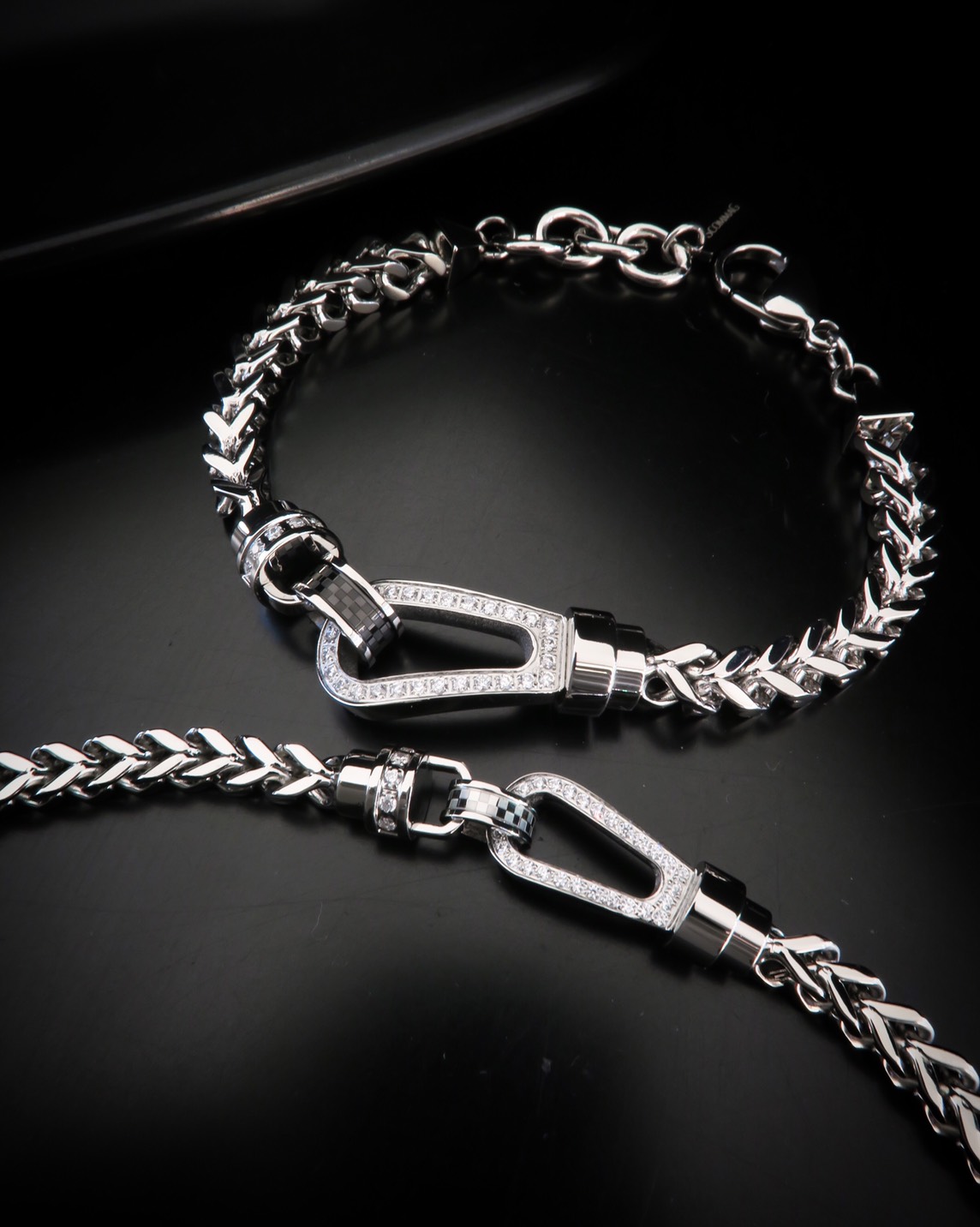BrandVoice
Tony Levy feels comfortable on the Tel Aviv beach. When in Israel, he wakes up to it every morning. It is a different landscape than the one he encounters in his daily life in bustling Tokyo, but he loves moving between them and making the connections. “I relate to Japanese business thinking because that’s where I’ve done most of my business,” he says. “But the mix of Israeli and Japanese business people is a winning combination. Israelis dream a lot, some might say too much. The Japanese think more and tend to be more grounded in reality. It’s fun to see this combination in action.”
In recent years, the mix between the Israeli and Japanese business worlds, between Tel Aviv entrepreneurs and Japanese culture, has yielded inspiring success stories that herald the advantages of globalization and the fruitful creativity that emerges when bridging impossible things. Levy came to Japan to sell jewelry, eventually establishing the chain Bless, which currently has 48 branches across Japan, and he manages businesses in both countries.

“I love making history,” declares Levy, sitting in his Tel Aviv apartment beside a Gucci suitcase that he hasn’t had time to unpack. He’s arriving from Italy where he hosted a Ferrari launch – he already has two of their cars and two more on order.
Levy made his fortune through his labor and has already become a legend in his own lifetime: after his military service he went to Japan to sell jewelry at stalls run by Israelis, and after a difficult start, his luck improved and he decided to open a local jewelry store, “Barcha”, for the blessing (‘bracha’ in Hebrew) that he saw in his business. When the chain expanded its name was changed to Bless. Levy added a local jewelry brand that he acquired, MS Collection, to the chain along with a jewelry factory that he owns. Over the years, he introduced the Laline toiletry line to Japan and opened more and more branches. He invested $1.5 million into the first branch. When he sold 70% of Japanese Laline, he did so according to a valuation of $35 million.
In recent years, along with the global expansion of the businesses he owns, Levy is repeatedly drawn to share his rich and diverse experience. Since he has expertise in both the Japanese and the Israeli business worlds, and the combination of the two, his knowledge is invaluable. Recently, two Japanese investment funds approached him, interested in promoting investment in Israeli high-tech. They appointed Levy as a local representative to accompany teams looking into investments in Israel.

“Israel is powerful. There’s a good vibe here and Israel and Japan have a great relationship,” he explains. “But Israelis can be too much for some people, and for the Japanese – trust is one of the most important things. But I am familiar with both markets, the Japanese trust me – so there’s a good dynamic between me and the funds’ staff. I guide them up until and through the deal and I often find myself acting like a sort of filter, sifting out the most lucrative offers.”
Surprising the world
Meanwhile in Tokyo, preparations for the Olympics which they will be hosting next summer are in high gear. Levy reports that the streets of Tokyo are filled with signs, hotels are being built at lightning speed and there is a major media presence. “I think they’re going to surprise the whole world,” Levy declares. “Japan is hosting the Olympic games for the second time ever, and the first time was in 1964. Since then Japan has undergone a severe recession and major earthquakes. I’m sure this time they are going to surprise the world.”

Levy also got Olympics-related business offers. This time it would be a collaboration with the Paralympic delegations and perhaps additional support beyond simply financial. Levy, a disabled veteran of the IDF, sees this as a mission.
So who will you cheer for in the Olympics? Israel or Japan?
“When a Japanese athlete is in the running — I’ll want them to win. When I see an Israeli competitor — I’ll want them to win. My heart is with both, but I think that because Israel is such a small country, it’s important for global exposure that they have some victories. So everyone can get a sense of who we are. The Japanese are strong enough already.”
Translation by Zoe Jordan





